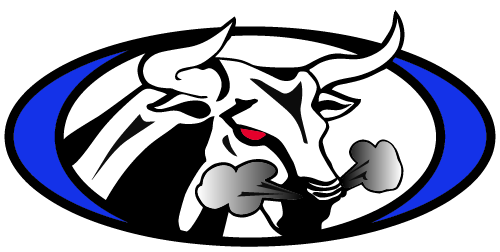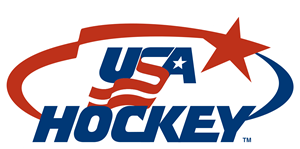Message to Families on Cognitive Interference
Hello, Colorado Rampage family.
We wanted to reach out as we’re at an important moment in our season, and it’s time for a heart-to-heart about what’s best for our athletes. First, let us say we are immensely proud of your athletes’ dedication, grit, and growth. They’re giving it their all out there.
But right now, something is holding them back from reaching their full potential—cognitive interference, or as some coaches refer to it, cognitive clouding.
Defining Cognitive Interference:
Cognitive interference refers to the unwanted and often disturbing thoughts that intrude on a person's life. Mounting evidence in a number of areas has shown that cognitive interference plays an important role in stress, poor performance, slow learning, social maladjustment, psychopathology, and behaviors resulting in accidents.
CITATION: Sarason, I. G., Pierce, G. R., & Sarason, B. R. (Eds.). (1996). Cognitive interference: Theories, methods, and findings. Lawrence Erlbaum Associates, Inc.
Please take 5 minutes to watch this video. It is from a hockey coaching conference that many of our staff members attended this summer in Ann Arbor, MI. The entire presentation requires a membership to the site, but the first 5 minutes of the free preview are exactly what we’d like to share with you all.
Addressing the Issue:
As parents, we know each of you is deeply invested in your athlete’s journey, and that care shines through. But come game time and in the locker room, it’s crucial for their progress that we give them space to connect with their coaches. Even with the best intentions, your presence can pull their focus and create cognitive clouding—blocking their ability to absorb the coaches’ guidance and stay centered fully. Trust in our coaching staff—who meet weekly and are singularly focused on helping your athlete succeed—and let us do what we’re here for.
On Second-Hand Coaching:
Another point we’d like to bring up is the “second-hand coaching” that often comes up after games. We know these conversations come from a place of love, but after a tough game, the best message to send your athlete is simply, “We love watching you play”. They don’t need analysis or advice on the ride home—they need to know you’re proud of them. This support allows them to take risks, learn, and grow with confidence.
The Importance of Celebrating Growth:
Let’s remember that each athlete’s relationship with hockey is still developing, and it’s more delicate than it may seem. Accept that quality long-term results require quality long-term focus—no drama, no self-criticism over small bumps in the road. It’s important to learn to enjoy and appreciate the process because they’ll spend far more time on the journey than those brief moments of triumph at the end. Focusing too much on mistakes or “what could’ve been” risks chipping away at their love for the game. Instead, let’s celebrate their growth, determination, and efforts. Wins will come as they learn to enjoy the journey.
Encouragement & Responsibility:
Let’s continue on this journey together by trusting the process, trusting the coaches, and most of all, trusting our athletes. When we celebrate their efforts and let them truly experience the game, we’re setting them up to become resilient, confident players and people.
We’re all part of this, and we’re grateful for the support you show every day. Together, we’re building a positive, focused environment for our athletes to succeed. Thank you for being part of this incredible community.
Take care, and remember—the most meaningful thing you can say to your athlete is, ‘We love watching you play.’ That’s what they’ll carry forward. See you at the rink.
Colorado Rampage Executive Staff
Oops!
You have unsaved elements
Please save or cancel the pending changes to the elements within your page and then try saving again.



